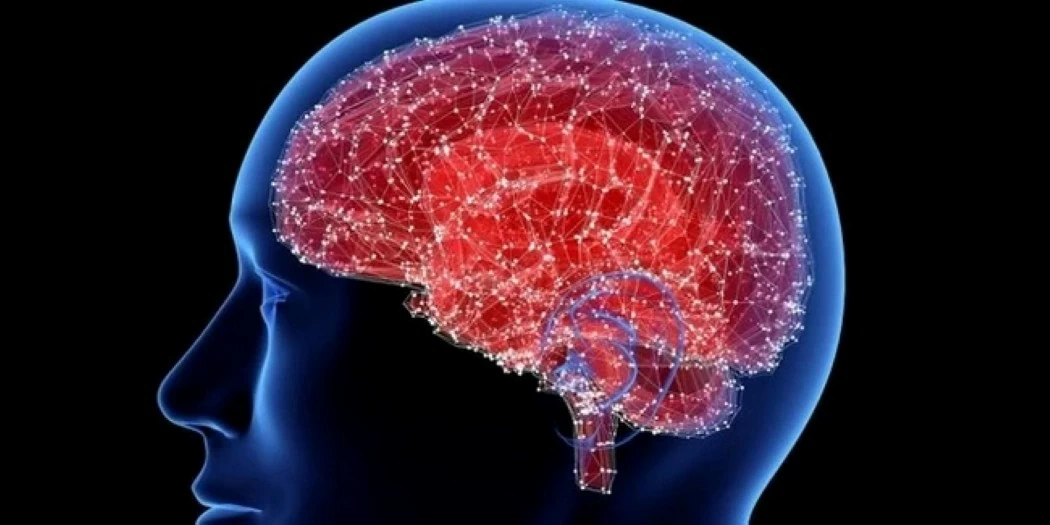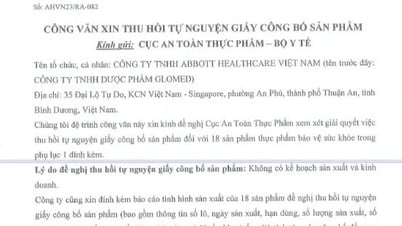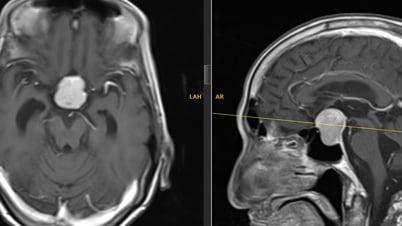Neuropharmacologist Maria Jose Diogenes and colleagues have discovered the potential of a new compound in treating Alzheimer's disease, marking an important step forward in fighting the most common form of dementia today.
 |
| Alzheimer's disease is the most common form of dementia today. (Source: VNA) |
LUSA news agency (Portugal) quoted Ms. Diogenes - currently working at the Institute of Pharmacology and Neuroscience at the Medical School, University of Lisbon, saying that this compound, called TAT-TrkB, has been tested on experimental mouse models, showing the ability to "prevent memory loss and learning impairment, without causing any side effects".
According to scientists , the TAT-TrkB compound works with a unique mechanism, different from current Alzheimer's treatments. The new method protects brain-derived neurotrophic factor (BDNF) - a molecule important for memory and learning, which is often impaired in Alzheimer's patients. TAT-TrkB restores BDNF function by preventing damage to its receptor TrkB-FL, which is often cut off in Alzheimer's disease, thereby weakening the neuroprotective effects of this molecule.
“Our results demonstrate that TAT-TrkB can significantly improve memory and learning in a mouse model of Alzheimer’s disease without causing side effects,” said Diogenes.
The study was published in the journal Molecular Therapy to mark World Alzheimer's Day, which is celebrated on September 21. Diogenes' team is continuing to work on improving the compound's delivery method and exploring related compounds, with the goal of moving toward clinical trials.
This scientific breakthrough opens up hope that it could not only slow the progression of Alzheimer's disease, but also restore cognitive function in patients. However, more research is needed before the compound can be tested on humans.
Source: https://baoquocte.vn/dot-pha-moi-trong-dieu-tri-o-bo-dao-nha-mo-ra-hy-vong-cho-benh-nhan-alzheimer-287242.html


![[Photo] Nearly 3,000 students moved by stories about soldiers](https://vphoto.vietnam.vn/thumb/1200x675/vietnam/resource/IMAGE/2025/5/17/21da57c8241e42438b423eaa37215e0e)
![[Photo] More than 17,000 candidates participate in the 2025 SPT Competency Assessment Test of Hanoi National University of Education](https://vphoto.vietnam.vn/thumb/1200x675/vietnam/resource/IMAGE/2025/5/17/e538d9a1636c407cbb211b314e6303fd)

![[Photo] Prime Minister Pham Minh Chinh chairs meeting on science and technology development](https://vphoto.vietnam.vn/thumb/1200x675/vietnam/resource/IMAGE/2025/5/17/ae80dd74c384439789b12013c738a045)

![[Photo] Readers line up to visit the photo exhibition and receive a special publication commemorating the 135th birthday of President Ho Chi Minh at Nhan Dan Newspaper](https://vphoto.vietnam.vn/thumb/1200x675/vietnam/resource/IMAGE/2025/5/17/85b3197fc6bd43e6a9ee4db15101005b)





























































































Comment (0)